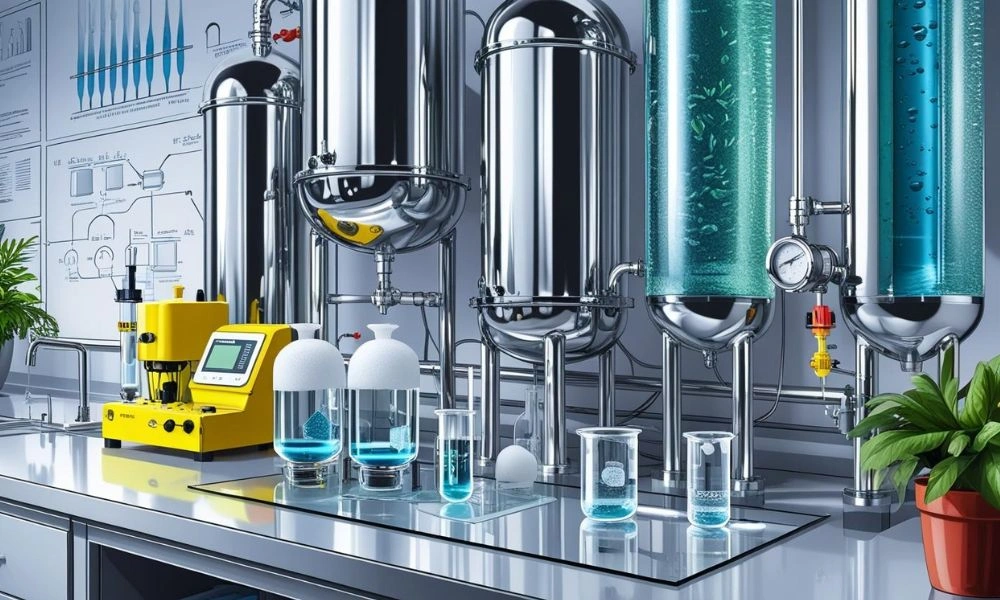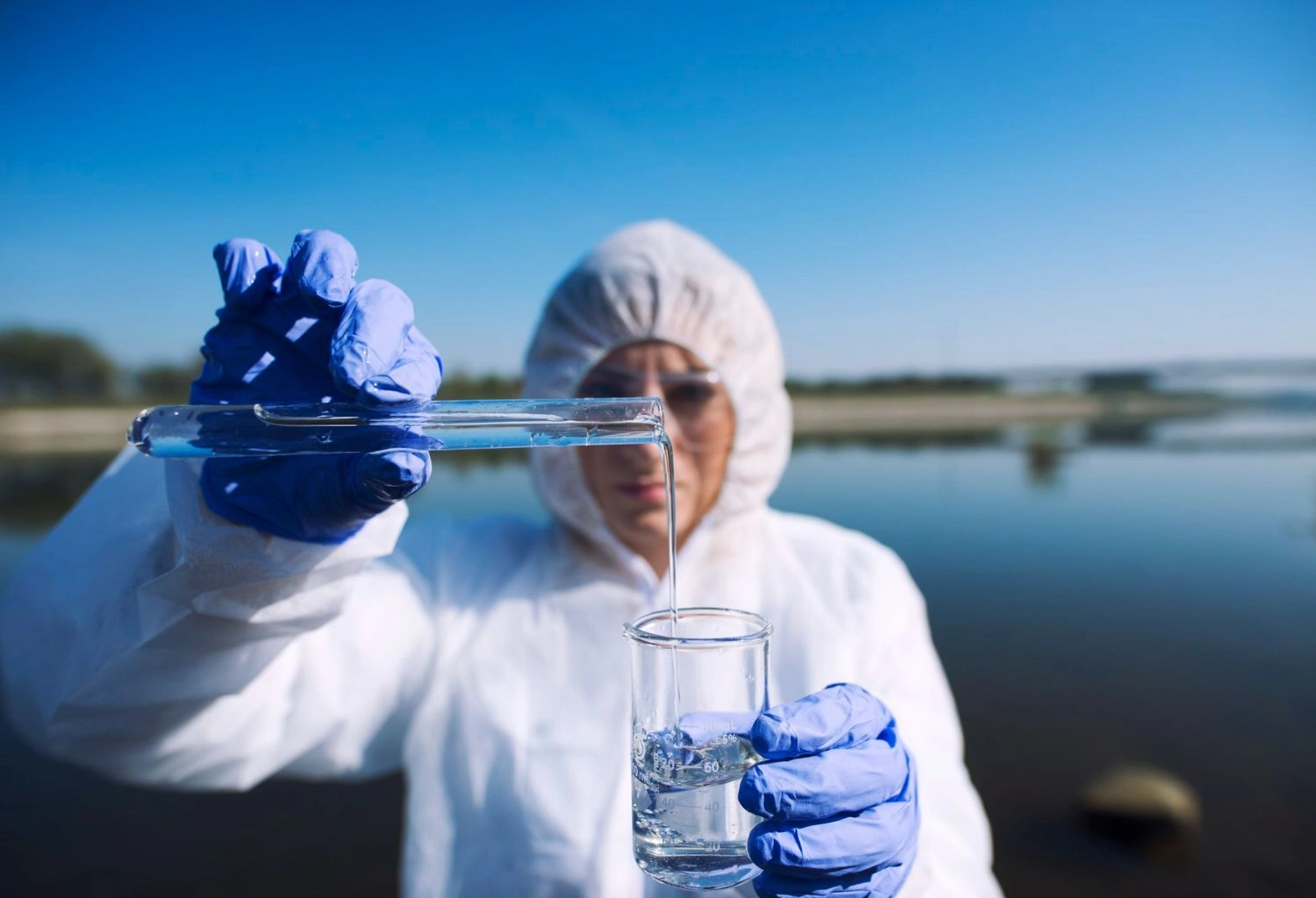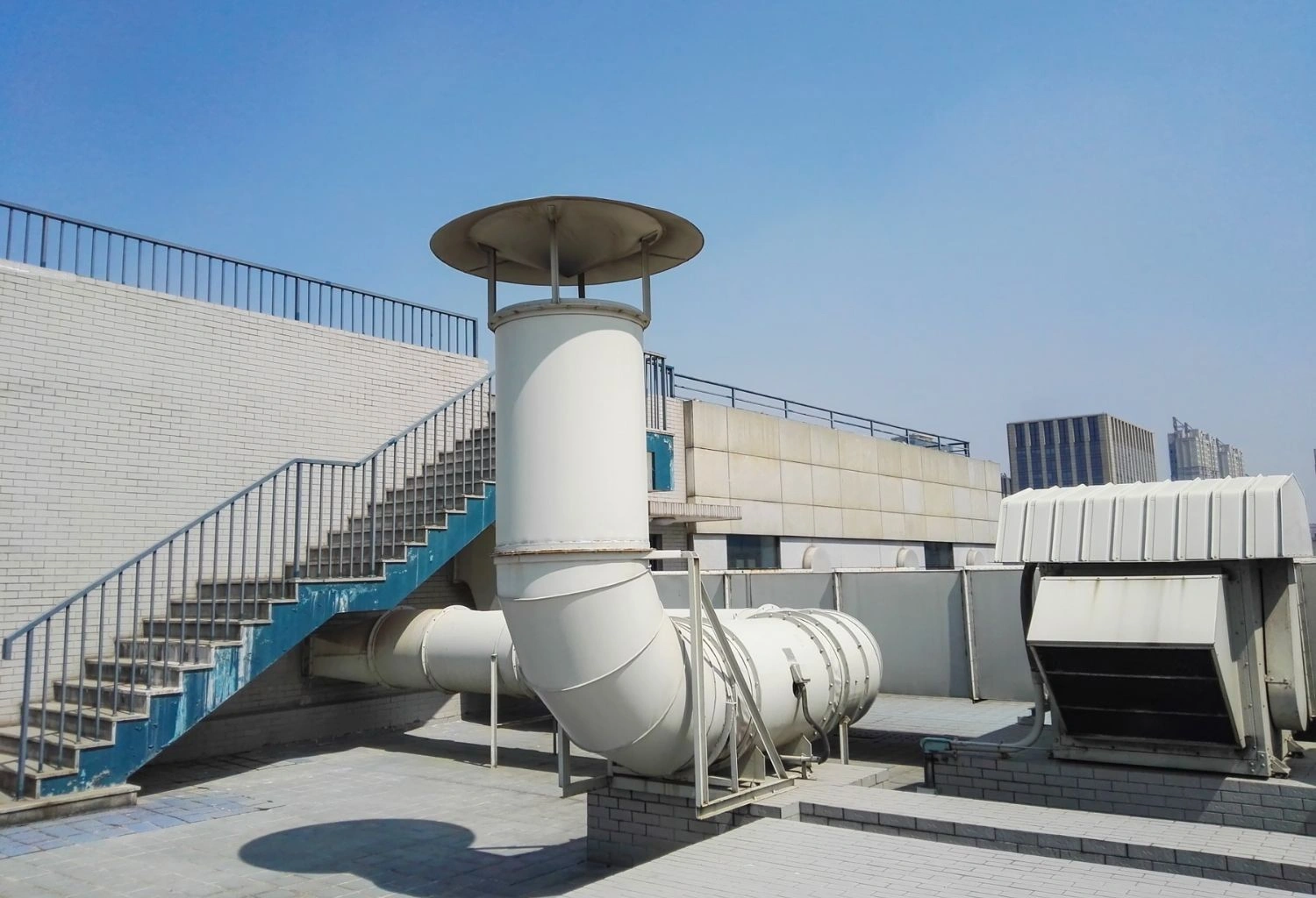Cooling water problems face issues like scaling, corrosion, biological growth, and poor heat transfer. Left unresolved, these problems cause downtime and high maintenance costs. Learn how Water Care Services Pakistan (WCSP) solves these challenges through sustainable, smart water treatment practices—ensuring efficient, clean, and compliant cooling water systems across industries.
Why Cooling Water Systems Are Important?
Cooling water systems are critical to most industries—textile, pharma, chemical, food, and energy. They control temperature in equipment such as chillers, condensers, and heat exchangers. Poor water quality, chemical imbalance, or untreated microbial growth, however, can ruin performance.That’s where Water Care Services Pakistan (WCSP) steps in. With cutting-edge water treatment solutions and customized programs, WCSP addresses the top 6 cooling water issues that interfere with system health and efficiency.
Water Quality Monitoring
1. Scaling
Scaling happens when calcium, magnesium, or silica precipitates accumulate on heat exchange surfaces and decrease heat transfer efficiency.
Why It’s Harmful:
- Increases energy cost
- Causes overheating
- Leads to unplanned shutdowns
WaterCare Solution:
WCSP employs anti-scalants and pH-balancing methods, and automated dosing systems, to inhibit and control scale deposit formation without damaging equipment.
2. Corrosion
Metal components of the cooling system—piping, towers, and exchangers—are subject to oxidation and corrosion from water chemistry and dissolved gases.
Why It’s Harmful:
- Weakened equipment integrity
- Results in leaks and contamination
- Expensive parts replacement
WaterCare Solution:
Employing state-of-the-art corrosion inhibitors, cathodic protection, and oxygen scavengers, WCSP provides long-term protection for metal surfaces, making systems reliable.
3. Microbiological Growth
Cooling towers present a perfect environment for bacteria, algae, and even Legionella growth, particularly in hot climates.
Why It’s Harmful:
- Equipment fouling
- Health hazards to workers
- Decreases efficiency and flow
WaterCare Solution:
WaterCare employs non-toxic biocides, bio-dispersants, and continuous microbial monitoring to remove biofilm and maintain water pathogen-free.
Cooling Tower Water Treatment
4. Inefficient Heat Transfer
When heat is not transferred efficiently because of scaling, corrosion, or fouling, cooling systems use excess energy and run inefficiently.
Why It’s Harmful:
- Increased energy bills
- Higher carbon footprint
- Reduced equipment life
WaterCare Solution:
WCSP maintains right chemical balance, regular flushing, and condition monitoring to achieve optimal thermal exchange without shutdown.
5. Foaming
Foam results when air is trapped in the cooling water due to organic matter or surfactants, causing overflow, pump cavitation, and poor quality water.
Why It’s Bad:
- Water loss and overflow
- Poor pump efficiency
- Risk of contamination
WaterCare Solution:
With specialty anti-foaming treatments and filtration systems, WCSP keeps clean and balanced water to avoid foaming problems.
6. Inadequate Water Reuse
Industries lose valuable water because of poor recycling or treatment systems, particularly during blowdown operations.
Why It’s Harmful:
- High water bills
- Increased environmental impact
- Strain on local water sources
WaterCare Solution:
WCSP combines RO-based reuse, zero-liquid discharge (ZLD) approaches, and automation to optimize water recycling and minimize consumption.
Quick System Overview Table
| Problem | WaterCare Solution | Outcome |
|---|---|---|
| Scaling | Anti-scalants, auto-dosing | Better flow & heat transfer |
| Corrosion | Corrosion inhibitors, oxygen scavengers | Extended equipment life |
| Microbial Growth | Biocides, monitoring | Safer, pathogen-free system |
| Heat Transfer Loss | System flushing, thermal optimization | Energy savings |
| Foaming | Defoamers, filtration | Stable system performance |
| Poor Water Reuse | RO + ZLD strategies | Reduced waste and cost |
Advantages of WCSP Cooling Water Treatment
- Saves energy and water usage
- Lowers operational downtime
- Lowers asset lifespan
- Compliance with NEQS & ISO
- Industry-type specific customized plans
Disadvantages Without Proper Treatment
- High maintenance cost
- Surprise downtime
- Ineffective water safety
- Equipment malfunction
- Fine from the regulator
Why WCSP?
Water Care Services Pakistan (WCSP) is a pioneer in cooling water treatment in Pakistan. Founded in 2007 and ISO-certified, WCSP provides:
- Bioremediation and green water treatment
- Real-time monitoring and automatic dosing
- Maintenance-friendly system designs
- Industry-specific solutions designed for you
From small and medium-sized enterprises to mega plants, WCSP combines expertise, technology, and environmental stewardship.
Conclusion
Cooling water problems are common but highly preventable. With the right approach and expert support, these issues can be eliminated before they escalate. WCSP offers a proven, smart, and sustainable path to keeping your cooling systems clean, efficient, and compliant.
Frequently Asked Questions (FAQs)
1. What are the most common problems in industrial cooling water systems?
The top issues include scaling, corrosion, microbiological growth, poor heat transfer, foaming, and inadequate water reuse—all of which can impact system performance and longevity.
2. How does scaling affect cooling water systems?
Scaling reduces heat transfer efficiency, increases energy consumption, and can cause overheating or equipment failure. It forms when minerals like calcium and magnesium build up on surfaces.
3. What is the WaterCare solution to scaling?
WCSP uses advanced anti-scalants, pH control, and automated chemical dosing to prevent scale formation and protect heat exchange surfaces.
4. Why is corrosion dangerous in cooling systems?
Corrosion weakens metal parts, causes leaks, contaminates water, and leads to costly equipment replacements or system failures if untreated.
5. How does WCSP prevent corrosion in industrial plants?
WaterCare uses corrosion inhibitors, oxygen scavengers, and cathodic protection to guard against metal degradation and extend equipment life.
6. What causes microbial growth in cooling towers?
Warm water, stagnant areas, and organic matter promote bacteria and algae, including Legionella, posing health risks and fouling equipment.
7. What microbiological treatment methods does WCSP use?
WCSP employs non-toxic biocides, bio-dispersants, and regular microbial monitoring to control pathogens and eliminate biofilm from cooling systems.
8. How does foaming affect cooling water systems?
Foaming leads to pump cavitation, water overflow, poor circulation, and may introduce contaminants or interfere with chemical balance.
9. Can cooling water be reused effectively?
Yes. WCSP enables water reuse through RO systems, blowdown treatment, and zero-liquid discharge (ZLD) solutions to reduce consumption and waste.
10. Why choose Water Care Services Pakistan for cooling water treatment?
With ISO certification, customized industrial solutions, automation, and eco-friendly technologies, WCSP ensures long-term reliability, efficiency, and NEQS compliance for your cooling systems.



